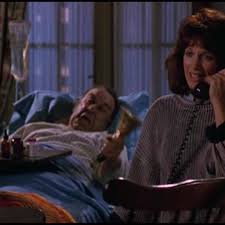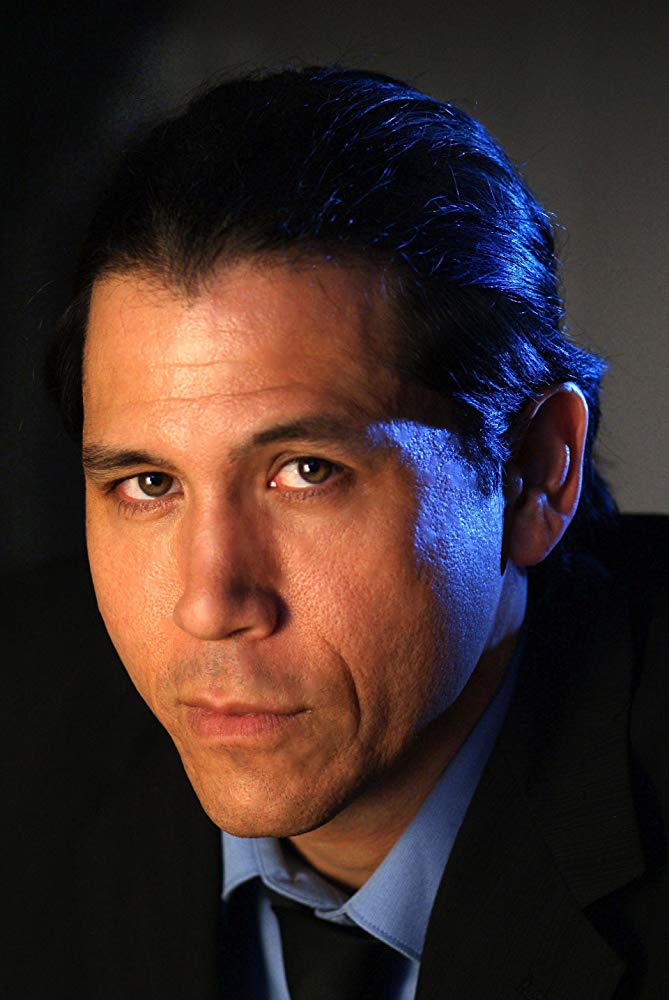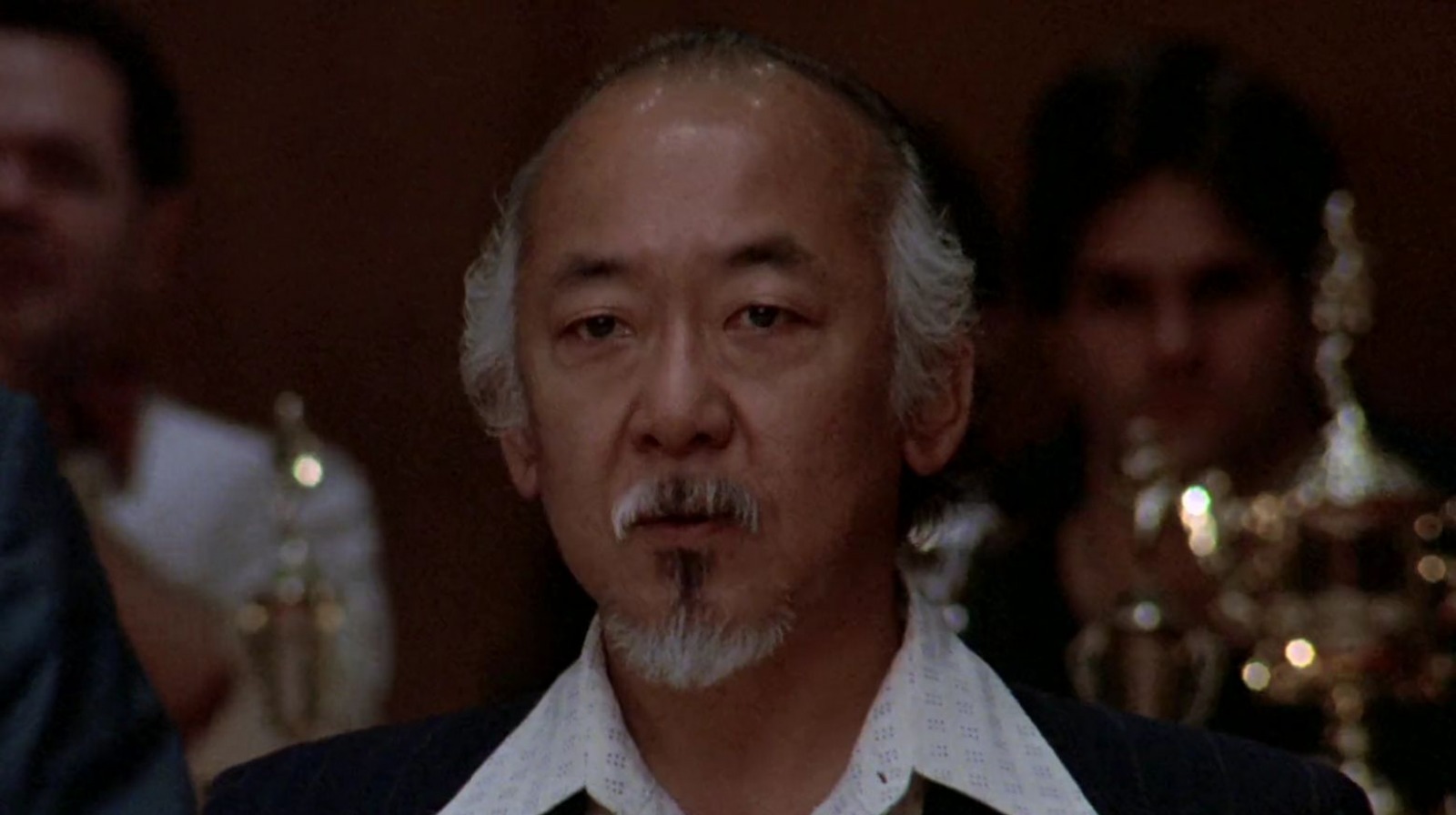

The Karate Kid is about being “the other.” It’s easy to forget just how old-fashioned (though not, I think, inaccurate) The Karate Kid is at treating this subject. They keep people from getting jobs they’re qualified for, they keep new generations of Americans from integrating with society, they lead to frustration, disengagement, and a variety of other social failures.īut I don’t think they’re bad in The Karate Kid.

And in our culture, collectively, they are a Bad Thing. All these things are, of course, not true, but they resonate in our culture. Miyagi’s biggest cultural fault is that he strengthens the sense of Asian Americans as “the other” - they have a genetic inability to use articles in their sentence, they live on the fringe of society as lower class oddities, and they have magical karate powers.
MR MIYAGI DEATH FOR FREE
Like when I can watch it for free on late-night television and don’t have to spend money to rent it. These days, that fear wears a different foreign face, but still endures - I don’t detect a lot of popular support for ideas of race in Don’t Mess With the Zohan - but that’s another story for another time. But the mid-80s were marked by paranoia over an encroaching economic and financial Japanese menace, and nobody noticed the injustices in Miyagi’s backstory they just noticed he was cool. But I don’t think that’s all of it - Miyagi is rarely criticized for being Japanese he’s instead criticized for perpetuating a variety of stereotypes about Asians.įor the record, white people didn’t care that The Karate Kid was startlingly progressive to tackle this issue. Many East Asians of a variety of ethnicities don’t have a ton of sympathy for the Japanese between, say 19. A big part of this is - of course - that Asians are all not the same. Miyagi is scorned and rejected by the bulk of Asian Americans. He never remarries.Ĭultures frequently lionize symbols of their oppression, persecution or suffering, but despite being the most famous (and perhaps only) American major motion picture character prior to 1990 to have suffered from anti-Japanese policies in the United States, Mr. government, and while there, presumably due to poor medical care, she and her son died in childbirth, leaving Miyagi a widower. We learn the saddest truth of Miyagi’s past - that, while serving overseas, his pregnant wife was shipped to an Japanese internment camp run by the U.S. He shows his pride at his service without hesitation - when he urges Daniel to say “Banzai” correctly and with passion as he drinks, it reflects how seriously he takes these memories. He fought for the American army, an Okinawan against Japan.

Drunk on sake in remembrance of the anniversary of his wife’s death, Miyagi recalls his days as a soldier in WWII. Miyagi is a guarded man, so most of what we know about his personal life comes from one stirring scene. Miyagi as he appears in The Karate Kid (and not as he appears in the larger cultural phantasmagoria, or for that matter, the latter Karate Kid sequels), is not nearly so narrow or offensive a caricature.Ī defense of Miyagi, and more on why that defense is important, follows… Not just because it is born of pain, but also because Mr. There’s no question that Kensuke Miyagi occupies a special place in the pantheon of Asian-American stereotypes, and that he’s a locus of cultural antipathy, especially among Asian-Americans.īut that antipathy is unfortunate. And not Japanese either, Goddammit! I’m not, but I sympathize.

Especially if I were hyper-aware that I was hearing it because I was an Asian kid. If I’d heard that all the time as a kid, I’d probably get pretty damned tired of it, too. “Hey, wax on, wax off! Hey buddy, wax on, wax off!”


 0 kommentar(er)
0 kommentar(er)
